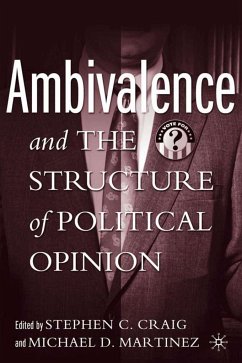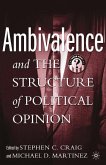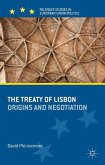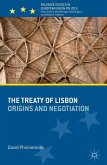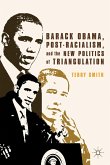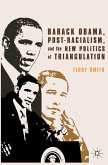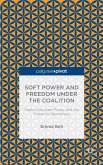This book represents an important step in bringing together various strands of research about attitudinal ambivalence and public opinion. Essays by a distinguished group of political scientists and social psychologists provide a conceptual framework for understanding how ambivalence is currently understood and measured, as well as its relevance to the mass public's beliefs about our political institutions and national identity. The theoretical insights, methodological innovations, and empirical analyses will add substantially to our knowledge about the nature of ambivalence in particular, and the structure and evolution of political attitudes in general.
Hinweis: Dieser Artikel kann nur an eine deutsche Lieferadresse ausgeliefert werden.
Hinweis: Dieser Artikel kann nur an eine deutsche Lieferadresse ausgeliefert werden.
"Craig and Martinez have brought together a stellar cast to provide a state-of-the-art resource that summarizes the field and provides groundbreaking original studies on nearly all elements of ambivalence. This is a must-read for all public opinion scholars, but the theory and measurement issues raised would also help researchers in other fields conceptualize problems of duality." - Donald Haider-Markel, University of Kansas
"Ambivalence and the Structure of Public Opinion is a timely collection of the latest work on ambivalence, its theoretical meaning, its measurement, and its impact in politics. The collection explores ambivalence in issues (e.g., abortion), towards political institutions (such as Congress and the Courts), and in patriotism. Democratic politics is inevitably conflictual and so a focused consideration of ambivalence is of special value and this collection delivers a worthy array of thoughtful and empirically rich explorations of the ways in which inner conflict infuses politics." - George E. Marcus, Williams College
"Ambivalence and the Structure of Public Opinion is a timely collection of the latest work on ambivalence, its theoretical meaning, its measurement, and its impact in politics. The collection explores ambivalence in issues (e.g., abortion), towards political institutions (such as Congress and the Courts), and in patriotism. Democratic politics is inevitably conflictual and so a focused consideration of ambivalence is of special value and this collection delivers a worthy array of thoughtful and empirically rich explorations of the ways in which inner conflict infuses politics." - George E. Marcus, Williams College

